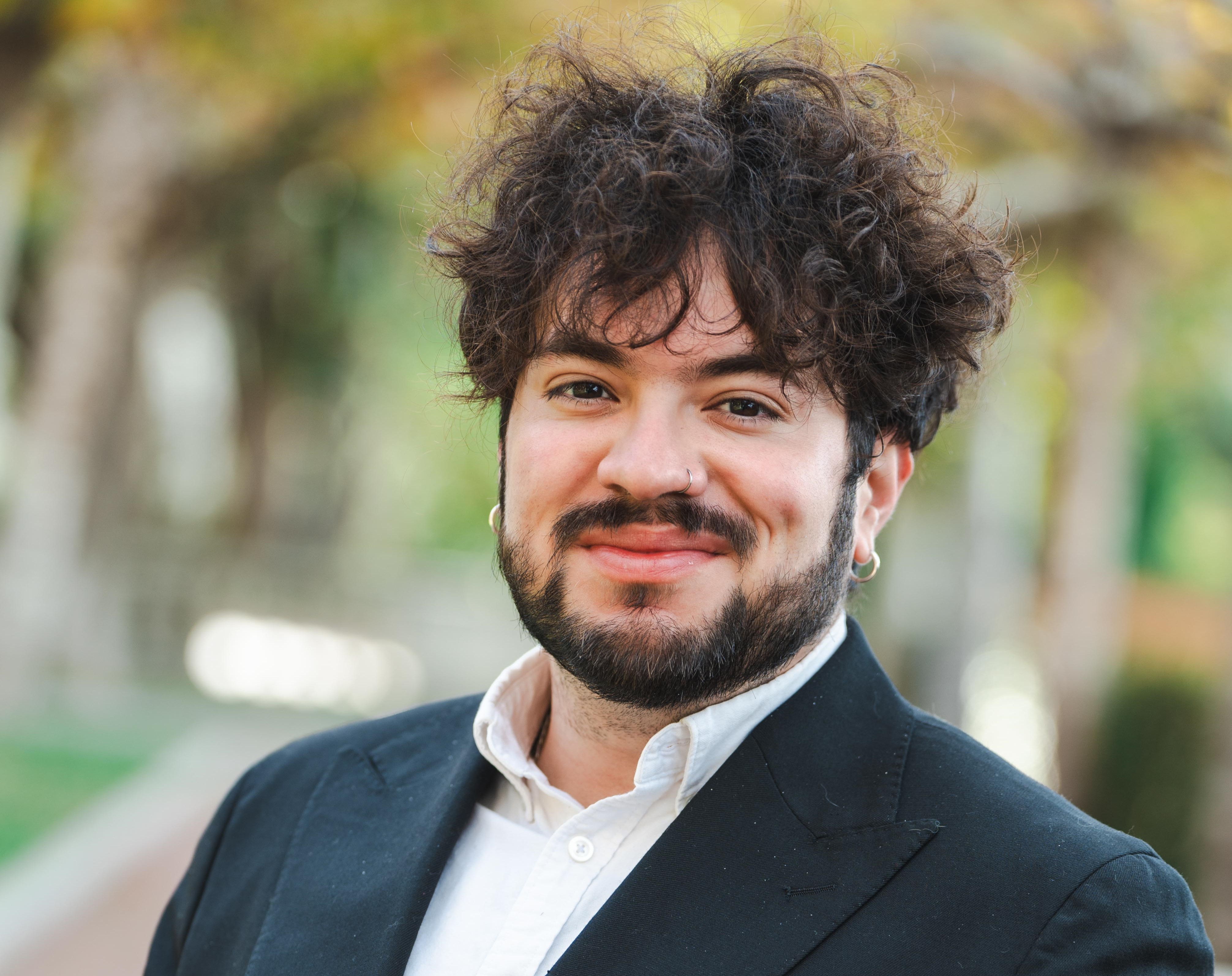Lessons from the Picket Line: Exploring the Dynamics of Union Power
Sebastián Puerta’s PhD journey at UC Berkeley began amid the largest academic worker strike in history, sparking his research into what makes unions powerful. Through innovative data analysis, he explores how collective action drives workplace transformation and shapes a more equitable future.
I became a PhD student in the Department of Economics at the University of California, Berkeley in fall 2022, which coincided with the largest academic worker strike in history. 48,000 workers went on strike in response to state-acknowledged unfair labor practices committed by the University during bargaining with the union. This had a profound impact on my first year at Berkeley. Classes were canceled and deadlines were extended; econometrics class was accompanied by a near-constant honking of cars showing support as they passed the nearby picket line. Above all, I saw firsthand the power of collective action, which secured 25–80% raises and other major improvements to benefits. I’ve since been elected Head Steward of our union of academic workers at the University of California, UAW 4811, continuing my work to organize toward a better workplace for all.
The strike and organizing towards our next contract have been formative experiences—ones that have directly shaped my research interests and aspirations. Over the past two years, after countless conversations with workers, organizers, policymakers, and social scientists, the same question kept coming up: What makes a union powerful?
To answer this question, I’m developing and analyzing a new dataset that provides detailed information on individual unions, capturing factors like their structure, bargaining strategies, and outcomes. My goal is to generate insights into the mechanisms through which unions exert power and secure workplace improvements. What do strong unions have in common? How do they mobilize their members? What role does political context play in shaping union power? Through addressing these questions, I hope to shed light on the forces that make collective bargaining effective and, more broadly, advance our understanding of how labor movements can thrive in contemporary economies.
This research is inspired by a long tradition of economic scholarship on labor markets and institutional power, many of whom are current professors at Berkeley or alumni of the PhD program. In particular, I’ve been influenced by the work of economists like Suresh Naidu, whose pioneering research on labor market power, unions, and political economy has deepened my understanding of how labor unions can serve as vehicles for social change. I am also inspired by the work of economists like Pat Kline, whose studies on wage determination have shown me the research frontier in labor economics.
At Berkeley, I’ve been fortunate to engage with faculty members whose expertise has enriched my research. In particular, my advisor, Professor Sydnee Caldwell, has been instrumental in shaping the direction of my work. Her guidance in both theory and data analysis has provided me with the tools necessary to explore the relationship between union strength and workplace outcomes in more depth. The intellectual environment at Berkeley, with its emphasis on interdisciplinary collaboration, has further fueled my passion for this research. Engaging with peers in the economics department, as well as scholars from other fields like sociology and political science, has helped me refine my questions and broaden my perspective on union power.
In addition to my academic pursuits, the vibrant and diverse Bay Area serves as an ideal backdrop for my research. The region’s history of labor activism, from the 1934 West Coast Longshore Strike to the ongoing struggles for workers’ rights in the tech industry, offers invaluable context for understanding the modern labor movement. Berkeley itself, with its rich history of student activism and political engagement, has deepened my appreciation for the ways in which academic inquiry and real-world movements can intersect. The striking academic workers at UC, whose collective action led to groundbreaking improvements in wages and benefits, are a powerful reminder that research isn’t just an abstract pursuit—it can be a tool for meaningful social change.
As I continue my studies, I’m excited to explore more deeply the history and future of the labor movement. My work aims to provide a clearer picture of how unions can be more effective in advancing the interests of workers, and ultimately contribute to building a more equitable society. I’m incredibly grateful for the guidance and support of the faculty and peers at Berkeley as I embark on this research agenda. Having the beautiful and diverse Bay Area for my home helps too!

